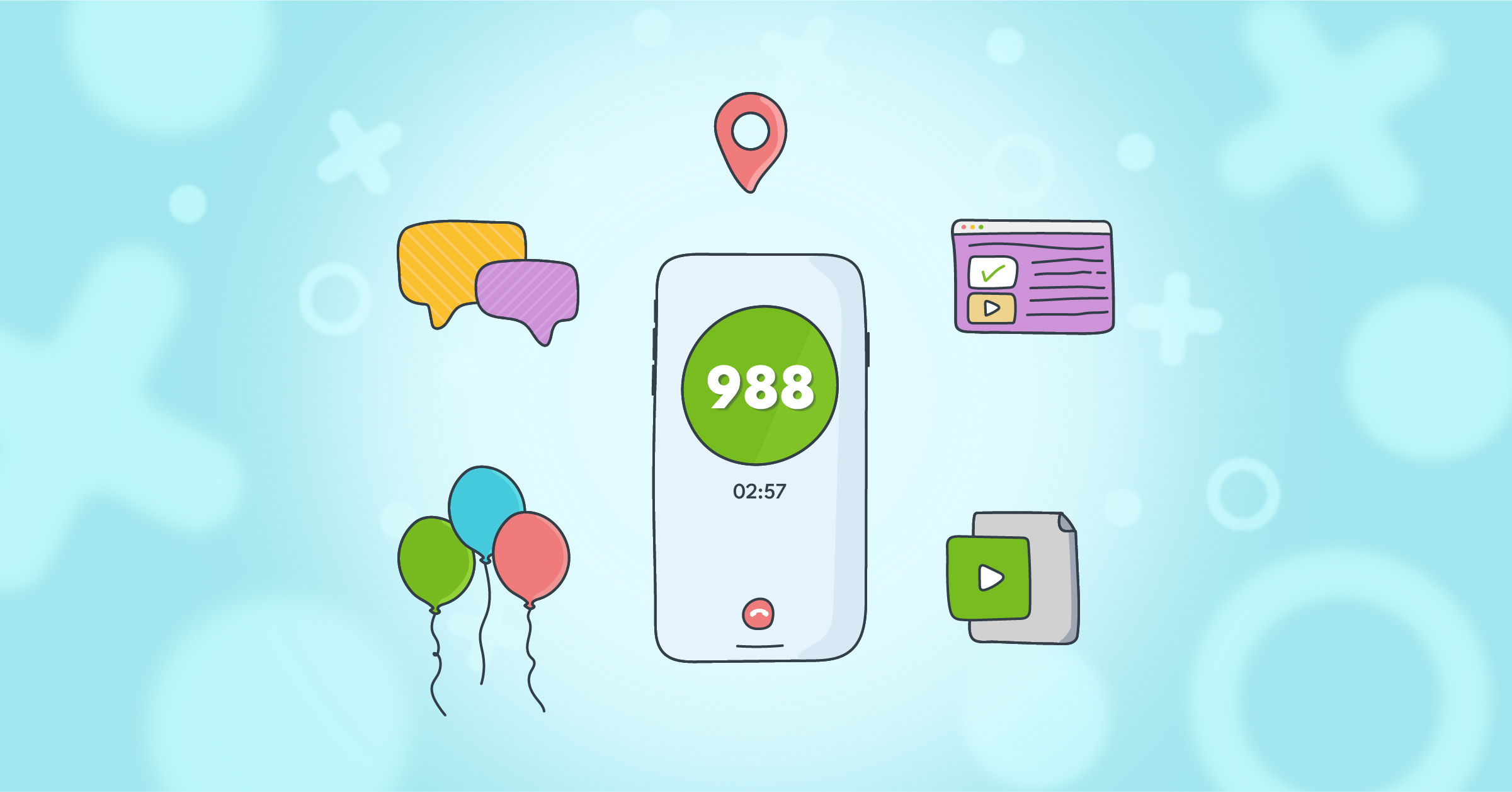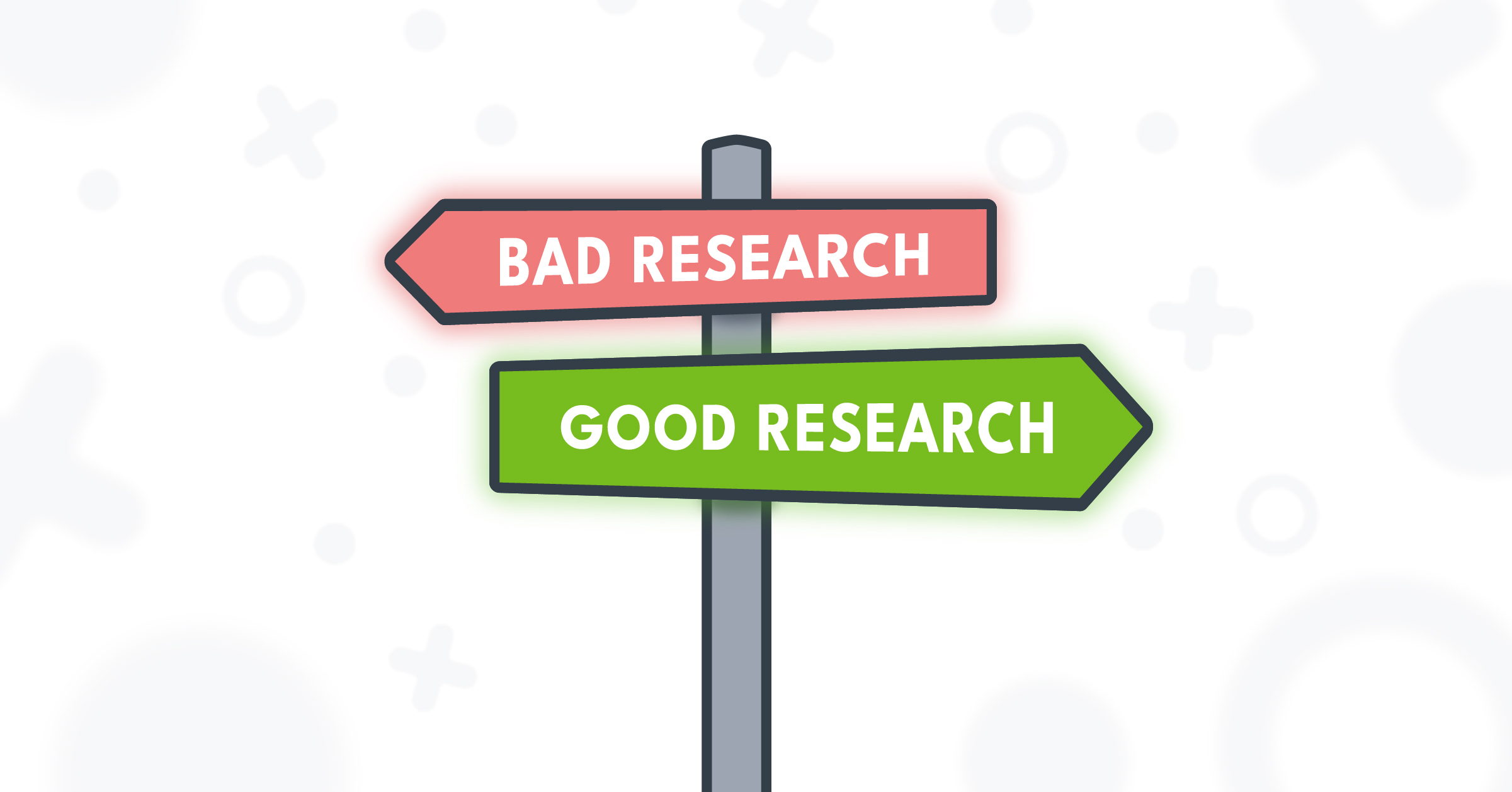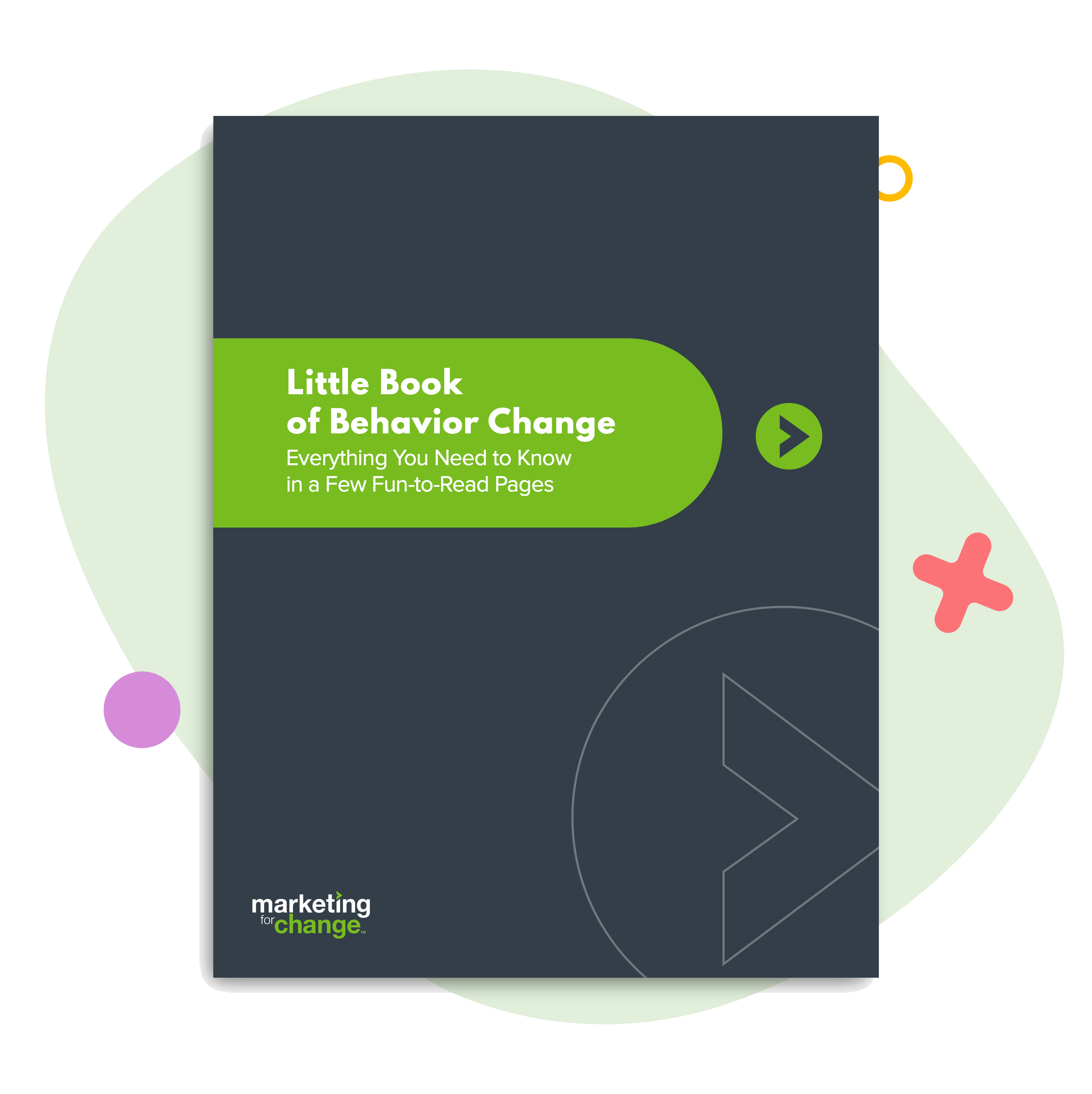
Millennials vs Gen Z: 3 Things to Consider When Recruiting
Nowadays, being a Millennial is like being the popular kid in school — everyone is talking about them and everyone wonders what they’re up to. And for good reason; Millennials dominate the workforce and are on the verge of becoming the nation’s largest living generation.
Generational dividing lines have always been a bit blurry, so I was pleased when Millennials were defined as anyone born between 1981 and 1996, and (being born in the latter half of 1996) I made the cut. I was officially part of the much talked-about, trendy group that most of my coworkers and friends could identify with.
But when I think of myself compared to the oldest Millennials, we couldn’t be more different. Thirty-somethings are buying homes, starting families and most likely have established careers. I just graduated college a few weeks ago.
This leaves me and my fellow early twenty-somethings in a weird, unidentifiable middle ground.
I remember life before Facebook and Twitter, but by the time I was old enough by my parent’s standards to use them, they were already established platforms. My first phone wasn’t an iPhone, but my second phone was. I grew up using a desktop, but I can operate a laptop like it’s part of my DNA.
Barely making the cut means we ‘late Millennials’ more closely identify with the oldest members of Gen Z. Like the barely-younger-than-us Gen Z cohort, late Millennials choose Snapchat over Facebook, and care deeply about individualism and acceptance. We aren’t true digital natives like Gen Z, but we’ve had more facetime with technology than older Millennials, making us even more skilled at multitasking. Also, growing up during the recession makes Gen Z characteristically frugal, a trait they share with younger Millennials who weren’t even teenagers at the time.
So what does all of this mean? As early twenty-somethings prepare to take the workplace by storm, here are three key things to keep in mind:
We Exist
People born between ‘93 and ‘96 make up nearly a quarter of the Millennial population (who are also known as Generation Y). On the cusp of a generation and on the cusp of adulthood, 22- to 25- year-olds are preparing to enter the workforce at this very moment. This means that future employees might not be as receptive to usual marketing tactics. Gen Z has an inclination towards competitiveness and workspace independence, so while the usual Millennial might be more receptive to community workspaces and brainstorming sessions, those with a foot in both generations might function better working on their own in private spaces. It’s important to recognize who is being marketed to at this very moment and how they’re going to respond to strategies.

Randstad USA
Identity Matters to Us
Identity and individualism is important to most early-twenty-somethings right now. It stems from the current culture that praises individuals who aren’t afraid to step out of the box and be themselves; a culture where being ‘uncool’ is the new ‘cool.’ It’s also a time of activism and change, where being part of a movement or a brand is a must. Over 76% of Gen Z purchases or are willing to purchase a product if their morals are in line with a brand, and 29% of them are actively seeking out their choice brands rather than finding them organically. But for those who lie on the cusp of the generation, it’s difficult to establish that sense of identity with other Millennials. That’s why it’s important for us to create our own self-identity and trust that employers will recognize and respect it.
Gen Z Isn’t Far Behind
The last Millennial will be turning 22 this year, which means it won’t be long before Gen Z begins stepping into the workforce. It’s probably a good idea to start familiarizing yourself with Gen Z and how they differ from their preceding generation. Becoming an expert on the up-and-comers will also make it easier to integrate new marketing strategies that will attract ‘late-Millennial’ future employees.
You might love ‘em, you might hate ‘em. Whatever the case may be, this last batch of Millennial talent is hungry for opportunity and eager to finish off their generation’s workplace reign with a bang — get them while supplies last.
Erin West is a Marketing Specialist at Marketing for Change.






